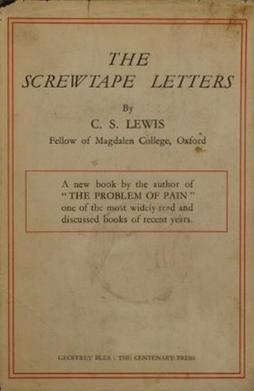As far as I am concerned, there are two kinds of mornings:
mornings that start with coffee and mornings that start with tea.
Starting off a morning with coffee for me is nearly the same
as ending a sentence with a period, wanting tacos for lunch/dinner/breakfast,
and wearing the color blue. Meaning, it happens almost every day. A typical day
following a cup (or two or three) of coffee involves schoolwork, work work, and
an overwhelming desire to nap. These days include deadlines to be met, papers
to be written, and a hefty dose of stress. In other words, the coffee consumed
in the morning (and afternoon) acts as a life source. It keeps me from wearing
mismatched shoes and reminds me that chocolate is not an appropriate breakfast…
by itself. (If it is in the form of a muffin, donut, croissant, and/or cookie,
then by all means.)
A day that begins with tea is a whole other ballpark. Less
caffeine means less work, obviously. These days include leisure reading, casual
laundry, and long bike rides. Maybe I’ll run some errands, go to the bank, or
sort through my junk e-mail. Or maybe I’ll rifle through the pantry for the
third time before eventually deciding on whole wheat toast and blueberry
preserves for breakfast. In any case, the day is sure to end with a healthy
balance of productivity and browsing on Pinterest for the best Gilmore Girls
quotes.
Can you guess what was in my mug this morning?





